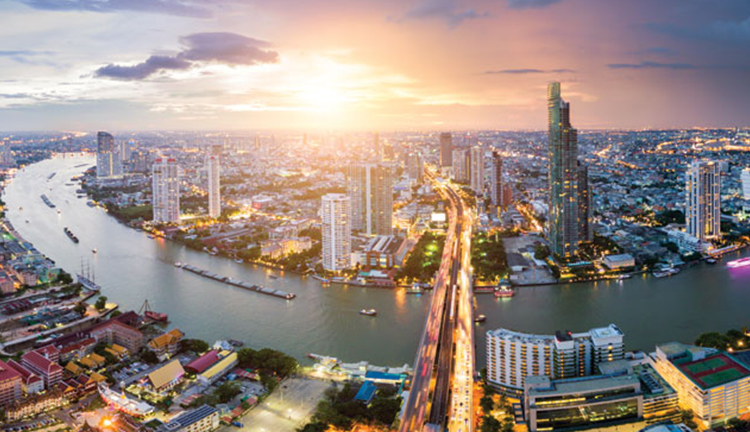
TCEB
The Southeast Asia Special: Thailand
Thailand’s tireless investment in MICE heartware and hardware is raising her appeal for international business events
This article was originally found on TTGMice.
Thailand has spent a decade of growing and sharpening her claws – in the form of her business events hardware and capabilities, and now she’s ready for a good fight to snag some of the world’s most iconic events.
Looking back, Nichapa Yoswee, senior vice president, business, of the Thailand Convention and Exhibition Bureau (TCEB), said the bulk of development efforts went into raising the standards of local industry players and venues through partnerships with international standard certification agencies.
“Starting from this year and for the next decade, TCEB will deploy aggressive (destination) marketing to bring in big and iconic events that will support the government’s new economic policy. Many potential events will involve high-tech industries,” Nichapa said.
Thailand’s tireless investment in MICE heartware and hardware has made her one of the leading destinations for business events, particularly in the area of exhibitions.
Talun Theng, president of Thai Exhibition Association, shared that exhibitions in Thailand enjoy constant growth, with more spaces being used every year. At the same time, exhibitions are advancing in the use of technology to deliver increasingly exciting experiences for visitors.
TCEB believes that further infrastructure developments will help strengthen Thailand’s business events appeal over the next decade.
The U-Tapao Rayong Pattaya International Airport, which is being upgraded to a commercial airport and an MRO facility, is giving the country power to gun for its own international airshow. In August, TCEB announced the completion of a feasibility study on an Asian spinoff of the popular Farnborough International Airshow.
Over in Chiang Mai province, local business event specialists have banded together to form Chiang MICE, determined to attract major events with their combined expertise, the destination’s unique local culture, large venues and upgraded airport.
When asked about Thailand’s opportunities and challenges in the year ahead, Santichai Boonrasri, director of sales and marketing at the Sukhothai Hotel Bangkok, says the country’s improving economic standing and strengthening baht against the US dollar, British pound and euro have made her a more expensive option for the key longhaul markets of the US and Europe.
Kittisak Pattamasaevi, CEO of Montara Group, an operator of multiple hotel brands in Thailand, observed that companies are increasingly wanting to organise creative events while satisfying sustainability objectives. For him, this trend has presented Thailand an opportunity to showcase her unique venues, especially those that allow an extended lifespan for heritage buildings.
“Many planners no longer want to use large function rooms in hotels, preferring instead smaller or localised places,” Kittisak said.
With this in mind, Montara Group launched two unique heritage properties with the ability to support creative, small-sized meetings and product launches.
One is the Prince Theater Heritage Stay – once an old movie theatre near Bangkok’s Chinatown – while the other is the Praya Palazzo, a boutique hotel that was once an old mansion on the Chao Phraya riverbank. The two hotels aims to grow its portion of MICE business from 25 per cent to 50 per cent within the next two years.



